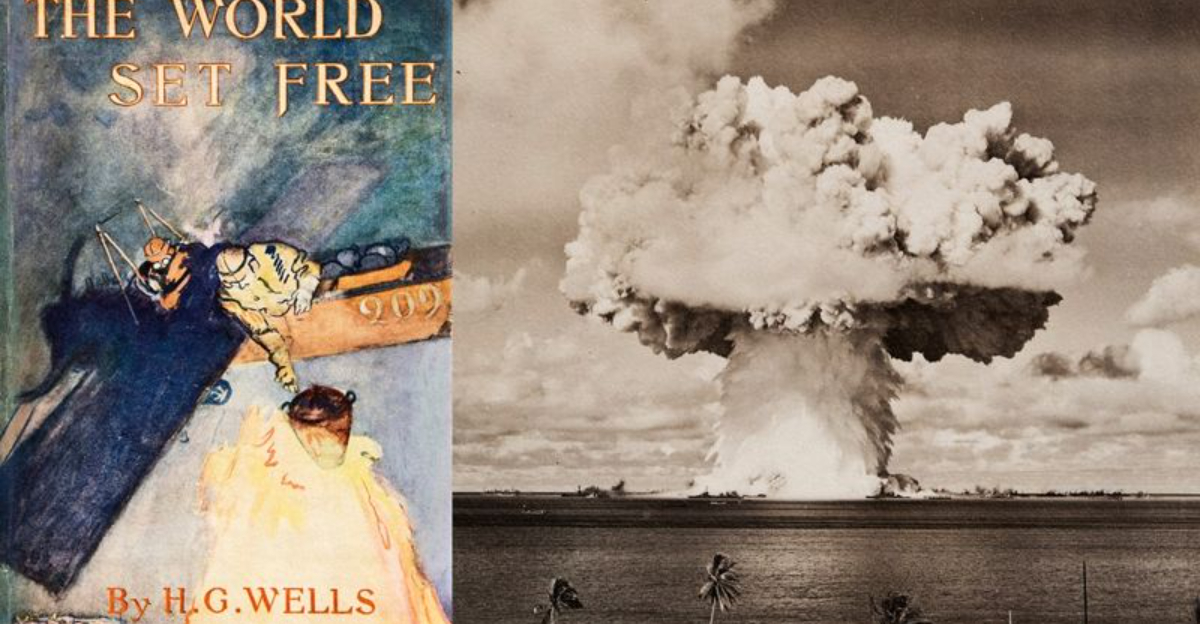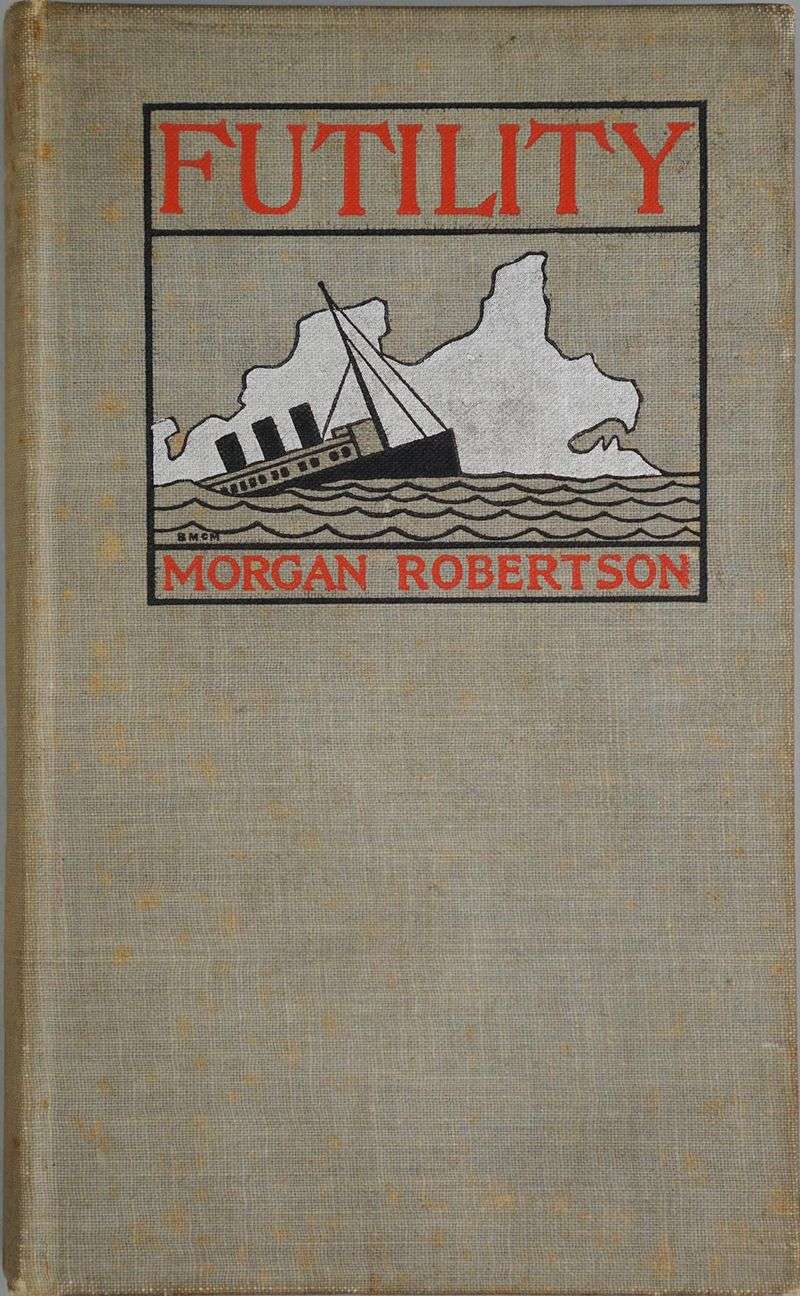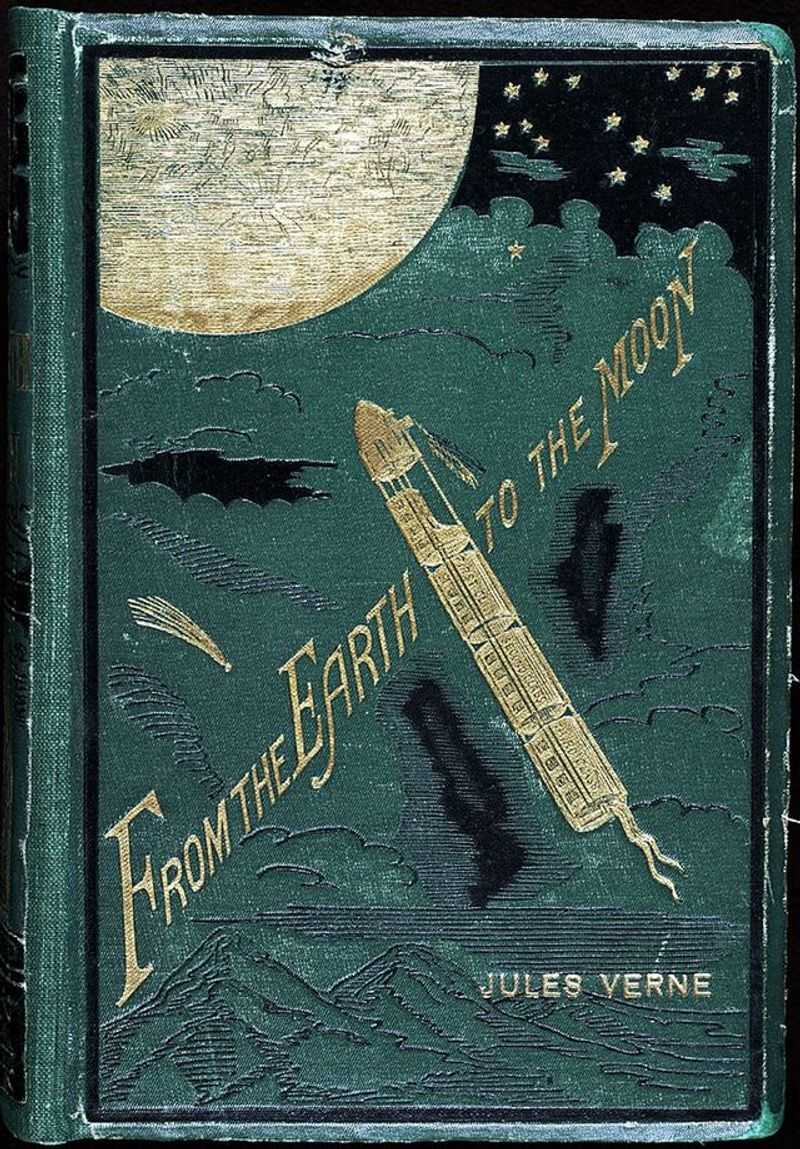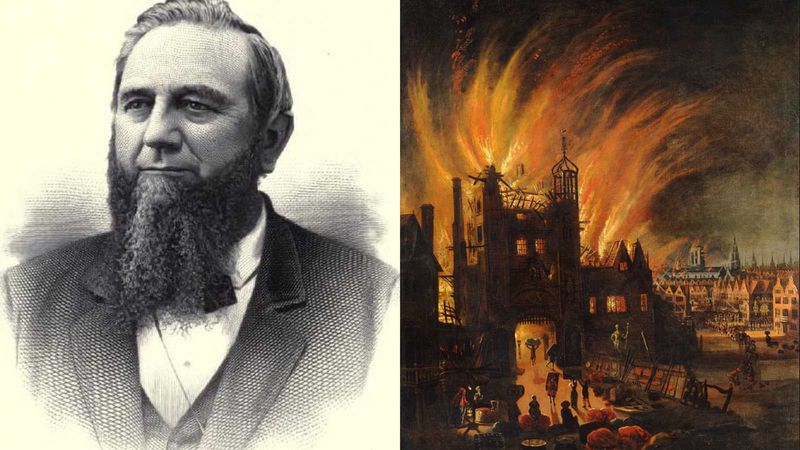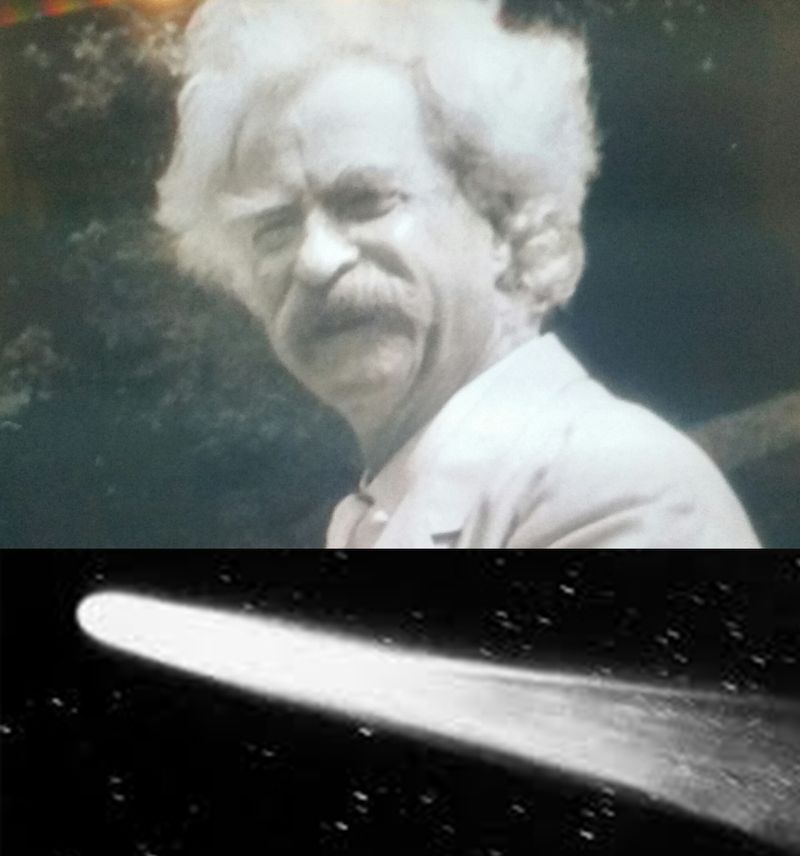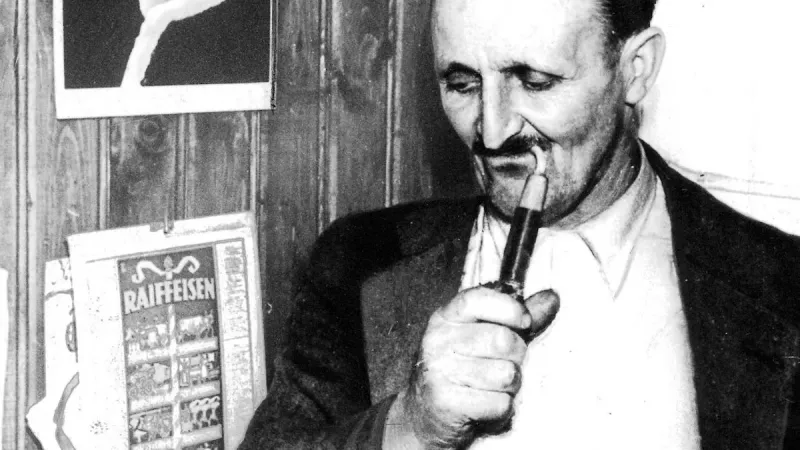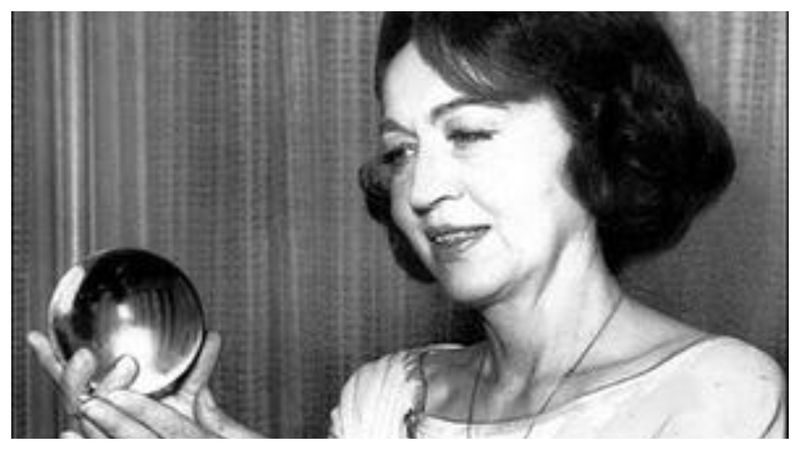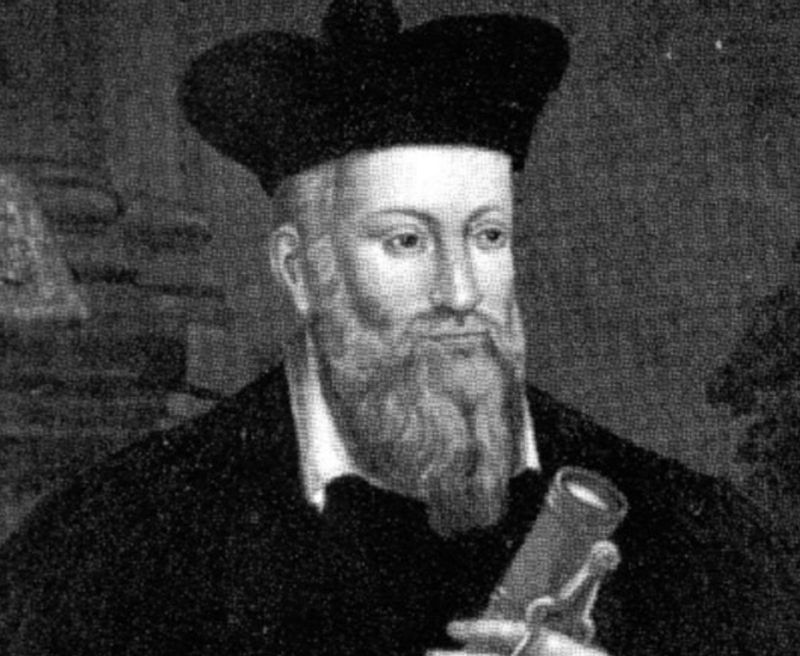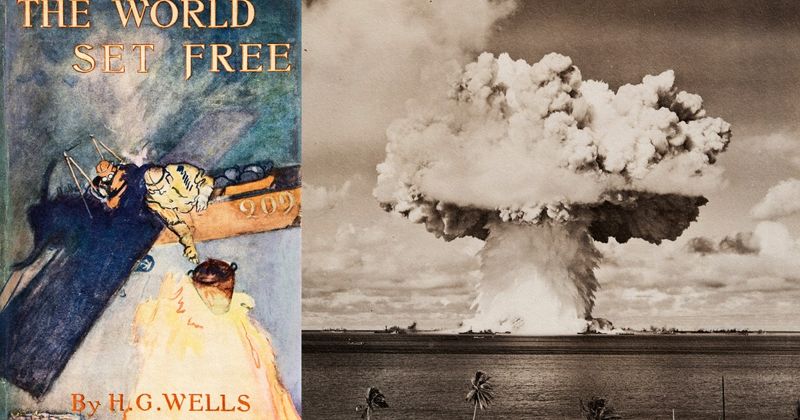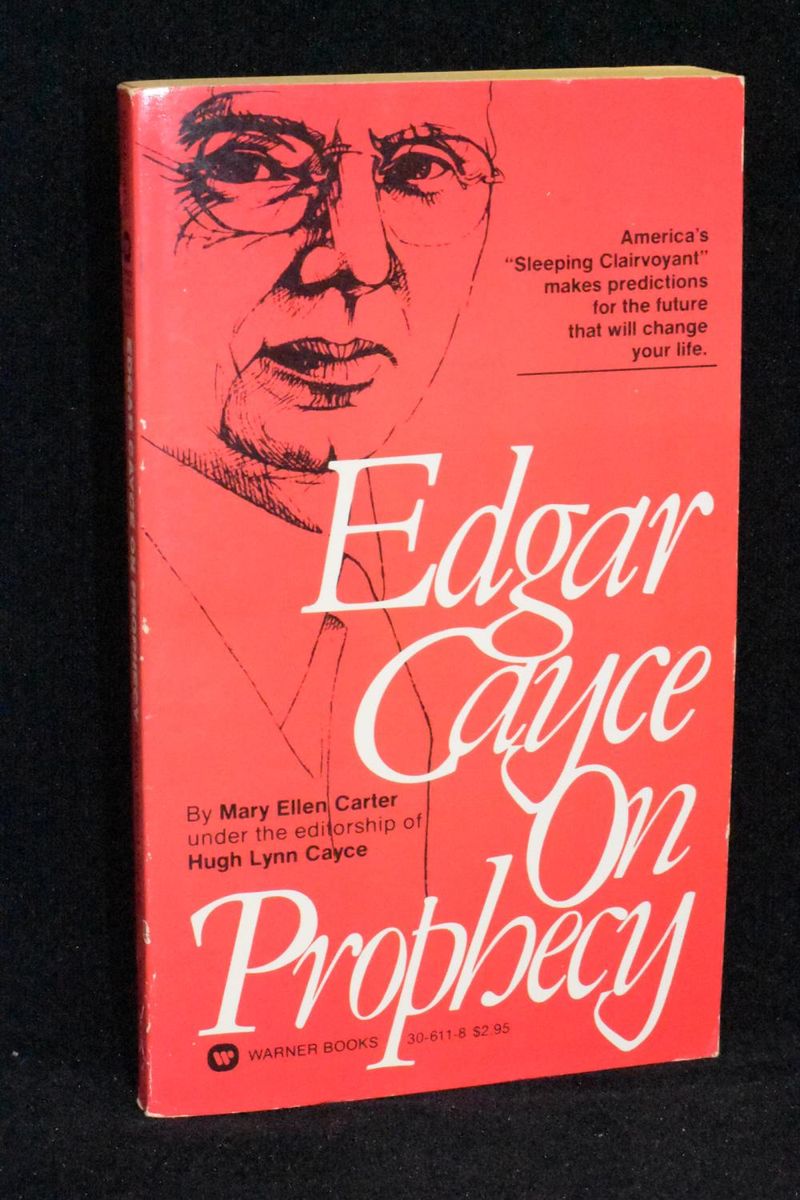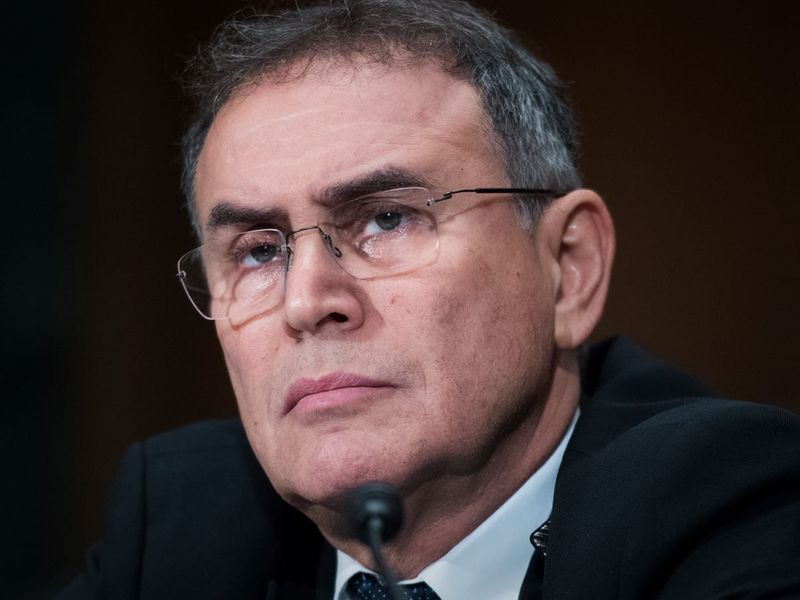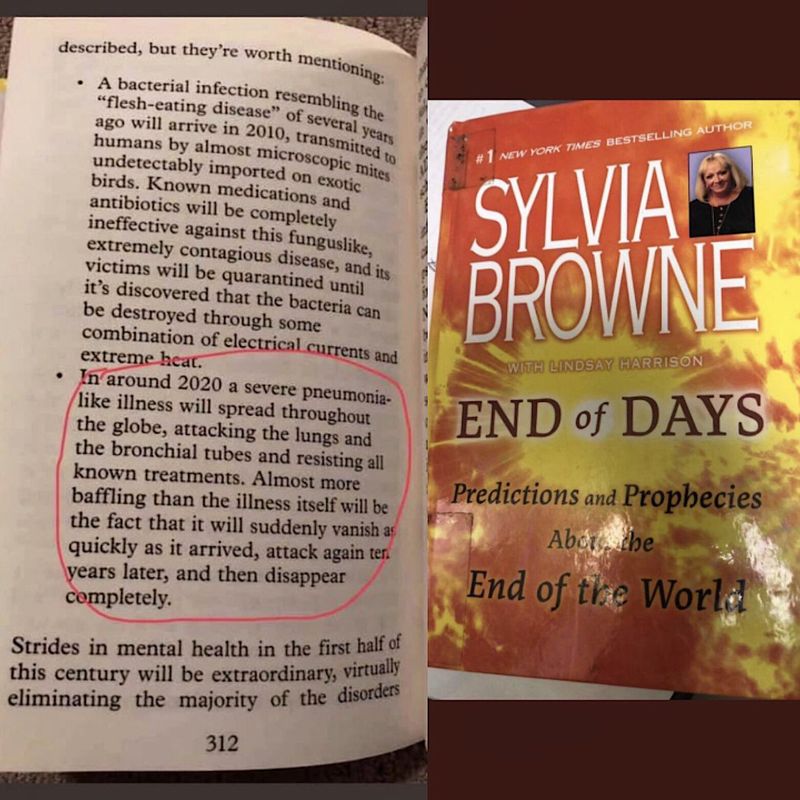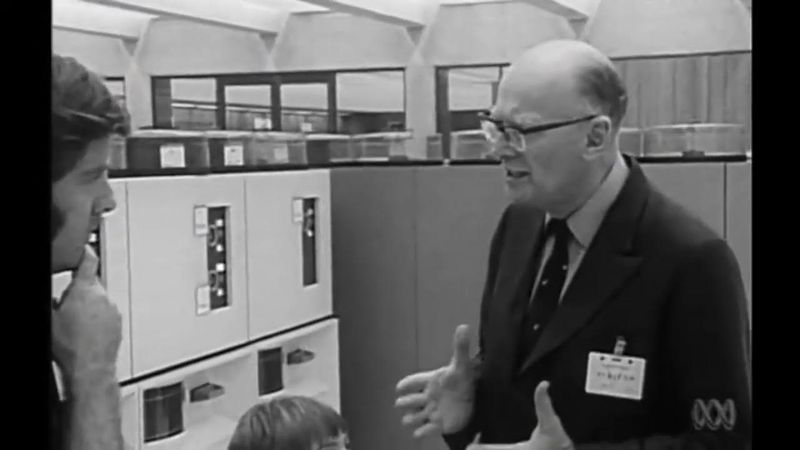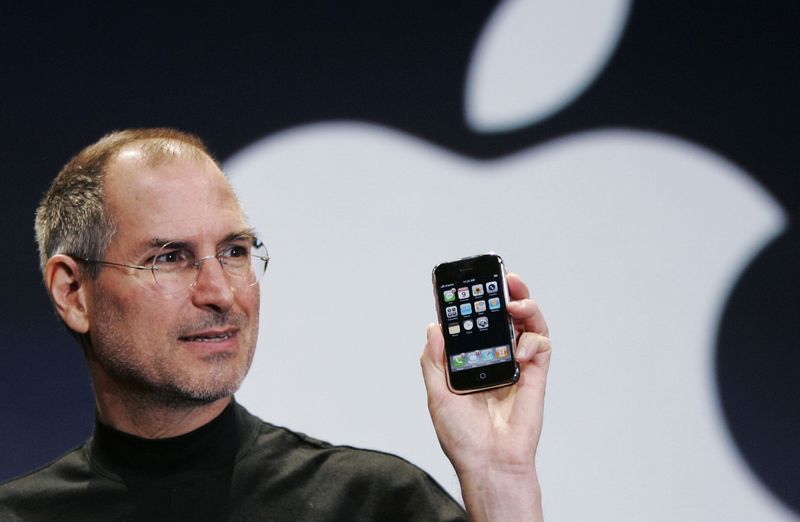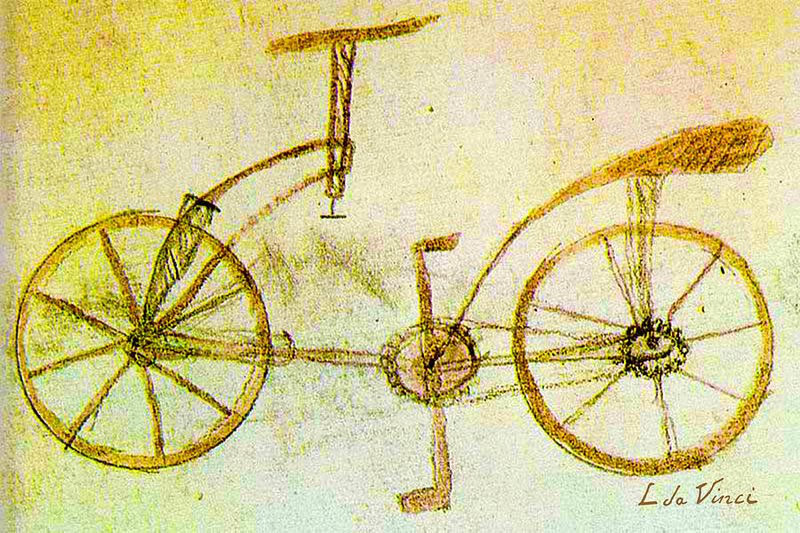Throughout history, prophecies have fascinated and intrigued us. From ancient oracles to modern-day predictions, stories of prophecies coming true have sparked curiosity and debate.
In this blog post, we’ll explore 17 such prophecies that seemingly came true, though their accuracy and origins may still be up for discussion.
Take a journey through these fascinating tales and decide for yourself if these predictions were mere coincidence or something more.
1. The Sinking of the Titanic
In 1898, author Morgan Robertson wrote a novella titled “Futility,” which detailed the sinking of an “unsinkable” ship called the Titan. This fictional ship struck an iceberg and sank, mirroring the real-life tragedy of the Titanic 14 years later.
Robertson’s Titan and the Titanic shared unsettling similarities, including size, speed, and lack of lifeboats. These eerie details led many to wonder if Robertson had somehow foreseen the disaster.
Although some argue that such coincidences can be attributed to the author’s maritime knowledge, the story remains a fascinating example of a prophecy seemingly fulfilled.
2. Jules Verne’s Moon Landing
Jules Verne, in his 1865 novel “From the Earth to the Moon,” described a manned mission to the moon, predicting details that resemble NASA’s Apollo missions over a century later.
Verne’s novel included a spacecraft launch from Florida and a splashdown recovery in the ocean, similar to the Apollo 11 mission. While some details differ, Verne’s imaginative foresight is remarkable, considering the era’s technological limitations.
His work inspired generations and showcased the power of human curiosity and imagination, making this literary prediction a captivating example of life imitating art.
3. The Great Fire of London
In 1666, the Great Fire of London devastated the city, an event eerily predicted by astrologer William Lilly in a pamphlet published in 1651. Lilly’s pamphlet included a detailed woodcut showing London in flames, leading many to believe he had foreseen the catastrophe.
While some historians argue that Lilly’s prediction was more of a warning based on astrological calculations, the accuracy of his depiction remains intriguing.
The fire reshaped London’s landscape and architecture, and Lilly’s prophecy continues to be discussed as an uncanny foretelling of a historical disaster.
4. Mark Twain’s Birth and Death
Mark Twain, born in 1835, came into the world as Halley’s Comet passed Earth. He famously predicted that he would “go out with it” as well. Coincidentally, Twain passed away in 1910, the same year the comet made its return.
This prophecy of his birth and death tied to a celestial event is often regarded as an unusual yet poignant example of Twain’s wit and insight.
His life, filled with humor and keen observation, was bookended by the comet, adding a layer of mystique to his already fascinating legacy.
5. The Rise of Hitler
In the 1930s, Bavarian prophet Alois Irlmaier predicted the rise of a charismatic leader who would plunge Europe into chaos, a prediction often associated with Adolf Hitler.
Irlmaier’s visions reportedly included detailed descriptions of World War II battles and the devastation that ensued. While skeptics argue over the authenticity of these accounts, believers see Irlmaier’s prophecies as eerily accurate.
His predictions continue to capture the imagination, serving as a reminder of the dark chapters in history and the mysterious nature of foresight.
6. The Assassination of JFK
Psychic Jeanne Dixon is often credited with predicting the assassination of President John F. Kennedy. In a 1956 magazine article, Dixon mentioned a Democratic president elected in 1960 would die in office. This prophecy gained attention after the tragic event in 1963.
Although Dixon had numerous failed predictions, this particular one stuck, leading to debates about the validity of her psychic abilities. Her life as a celebrated yet controversial figure highlights the allure and skepticism surrounding prophecies and their impact on public perception.
7. The 9/11 Attacks
In the years leading up to the September 11 attacks, numerous predictions emerged regarding potential terrorist events. One such prophecy came from Nostradamus, whose quatrains are interpreted by some as foreshadowing the tragedy.
Though heavily debated and often seen as vague, these predictions captured the public’s attention after the attacks.
The 9/11 events have since been subject to countless interpretations, raising questions about the nature of prediction and the human desire to find meaning in chaos. Nostradamus remains a legendary figure whose prophecies continue to intrigue.
8. The Discovery of Neptune
The discovery of Neptune was predicted by mathematicians Urbain Le Verrier and John Couch Adams in the mid-19th century. They independently calculated the planet’s position based on irregularities in Uranus’ orbit.
Their predictions led to the eventual observation of Neptune in 1846. This scientific prophecy is a testament to the power of mathematics and observation, demonstrating how predictions can transcend myth and enter the realm of empirical science.
The accurate forecast of Neptune’s existence remains a milestone in astronomy, blending the art of prediction with scientific inquiry.
9. The Atomic Bomb
H.G. Wells, in his 1914 novel “The World Set Free,” envisioned a devastating weapon resembling the atomic bomb, decades before its creation. Wells described a bomb that unleashed immense power, changing the course of warfare.
His imaginative foresight became a reality with the development of nuclear weapons during World War II. Though his vision was rooted in fiction, Wells’ work eerily anticipated a key turning point in human history.
This literary prophecy serves as a reminder of the thin line between imagination and reality, and the profound impact of technological advancements.
10. The End of the Soviet Union
In the 1970s, psychic Edgar Cayce reportedly predicted the dissolution of the Soviet Union, foreseeing a time when Russia would undergo significant changes.
Though specifics of his prophecy vary, his followers believe it aligns with the events of 1991, when the Soviet Union officially dissolved. Cayce’s predictions have long been a source of intrigue, with skeptics and believers debating their accuracy.
His foresight into geopolitical shifts adds a layer of mystery to the story, illustrating the enigmatic nature of predictions and their role in shaping historical narratives.
11. The 2008 Financial Crisis
Economist Nouriel Roubini, known as “Dr. Doom,” predicted the 2008 financial crisis, foreseeing the housing market collapse and ensuing economic turmoil. His warnings, initially dismissed, gained attention as events unfolded.
Roubini’s prediction, based on analysis of economic indicators, highlighted the importance of vigilance and preparation in financial markets. Though not a traditional prophecy, his foresight demonstrated the power of informed analysis.
The crisis reshaped global economies, serving as a stark reminder of the fragility of financial systems and the value of heeding expert predictions.
12. The COVID-19 Pandemic
In 2008, author Sylvia Browne published a book predicting a severe pneumonia-like illness that would spread across the globe in 2020. This prediction gained widespread attention during the COVID-19 pandemic, as the timing and description appeared to align.
While some viewed Browne’s work as a lucky guess, others speculated about her prophetic abilities. The pandemic has emphasized the unpredictability of global health events, sparking discussions on preparedness and response.
Browne’s book remains a curious example of a prediction seemingly fulfilled, fueling debates on fate and foresight.
13. The Rise of the Internet
In 1965, science-fiction writer Arthur C. Clarke imagined a “worldwide network of computers” in an article, predicting what would become the internet. Clarke envisioned a future where information was freely accessible, revolutionizing communication and knowledge sharing.
His foresight proved remarkably accurate, capturing the essence of the digital age we live in today. Clarke’s vision continues to inspire, reflecting the profound impact of technological advancements on society.
His prediction of the internet highlights the intersection of imagination and innovation, showcasing the potential for dreams to transform reality.
14. The Arab Spring
In the early 2000s, political analyst George Friedman forecasted a wave of uprisings in the Middle East, predicting many aspects of the Arab Spring. Friedman’s analysis pointed to underlying social and economic tensions that would lead to widespread protests.
While not a prophecy in the mystical sense, his predictions were based on careful study of geopolitical trends. The Arab Spring’s impact on the region has been profound, reshaping political landscapes and highlighting the power of people to enact change.
Friedman’s insights underscore the value of informed analysis in understanding complex sociopolitical phenomena.
15. The Fall of the Berlin Wall
In 1989, the Berlin Wall fell, symbolizing the end of the Cold War. This event was predicted by various analysts and thinkers, including psychic predictions.
One notable account comes from author Peter Beter, who foresaw significant changes in Eastern Europe. While his predictions were not universally accepted, the fall of the Berlin Wall marked a pivotal moment in history.
This event remains a powerful example of prophecy interwoven with political analysis, illustrating the dynamic interplay between human foresight and global events. The wall’s fall continues to inspire hope for unity and freedom.
16. The Invention of the iPhone
In 1993, a concept device called the “Apple Newton” foreshadowed the invention of the iPhone. Despite its commercial failure, the Newton laid the groundwork for smartphones, predicting features like touchscreens and digital assistants.
Steve Jobs’ vision brought these ideas to life with the iPhone’s release in 2007, revolutionizing communication and technology.
This transformation from concept to reality highlights the power of innovation and the potential for seemingly outlandish ideas to become integral to everyday life. The iPhone’s creation exemplifies how predictions and dreams can evolve into world-changing realities.
17. The Bicycle Boom Predicted by Leonardo da Vinci
The legendary polymath Leonardo da Vinci astonished the world with his prophetic vision of a bicycle. In one of his lesser-known sketches, he drew a contraption eerily resembling the modern bicycle.
This drawing, found among his manuscripts centuries later, depicted two wheels, a chain, and pedals. Critics ponder whether this drawing was a true prophecy or a mere whimsical invention.
Regardless, the bicycle’s eventual rise to fame in the 19th century is a testament to da Vinci’s forward-thinking genius. Today, cyclists around the globe unknowingly ride a creation once conjured in the imagination of a Renaissance master.
